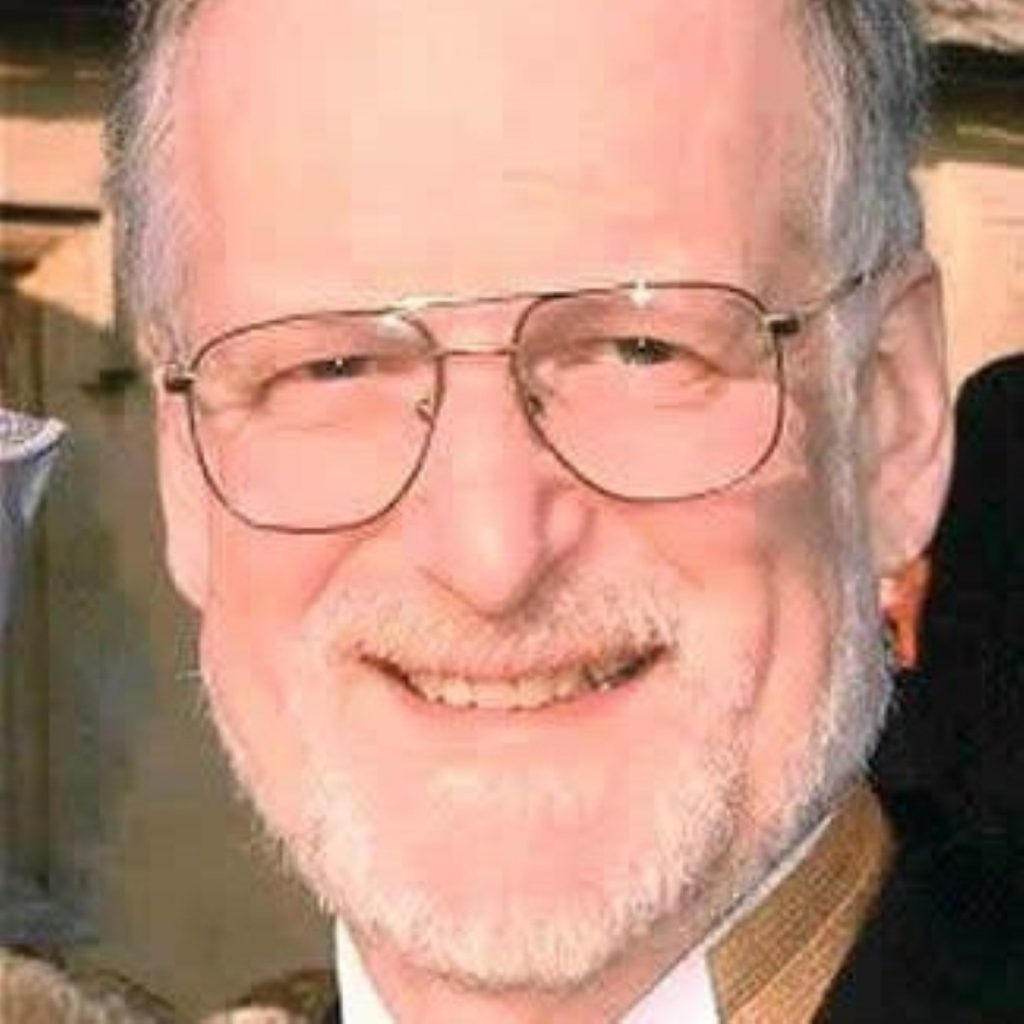Hutton inquiry opens to evidence
The first evidence sessions of the inquiry into the surroundings of the death of Dr David Kelly will be held today.
Lord Hutton’s inquiry begins today by hearing evidence from key people in the Government, its advisors, civil servants, representatives from the BBC and journalists.
The inquiry is also expected to call the Prime Minister, Tony Blair, the Defence Secretary, Geoff Hoon and the Prime Minister’s special advisor Alistair Campbell.
Lord Hutton will look into the events leading up to the apparent suicide of the Government’s biological and chemical weapons expert Dr David Kelly.


Dr Kelly became embroiled in a row between the Government and the BBC when one of its journalists, Andrew Gilligan, accused the Government of ‘sexing up’ a dossier that was used to justify the conflict in Iraq.
Dr Kelly was ‘outed’ as the source of the articles claims which led to him appearing before the Foreign Affairs Select Committee at the House of Commons shortly before his death.
The inquiry will hear evidence from Terence Taylor, International Institute of Strategic Studies, who was a friend and college of Dr Kelly. He is expected to face questions about Dr Kelly’s expertise and his mindset in the days before his apparent suicide.
Richard Hatfield from the Ministry of Defence will appear afterwards to answer questions on Dr Kelly’s role in the September dossier which is at the centre of the row. Mr Hatfield was also the weapons expert’s line manager.
The inquiry will not be broadcast on either radio or television despite requests from the BBC and Sky.
Speaking ahead of the inquiry, the Conservative Party Leader, Iain Duncan Smith stated that he had every confidence that Lord Hutton would establish the precise circumstances of Dr Kelly’s death and the role that the Ministry of Defence – or even Downing Street itself – played in releasing Dr Kelly’s name to the media.
He warned that the Government must not be seen to be interfering in the inquiry, which he believed would further damage the Government’s credibility when handling this episode.
Mr Duncan Smith stated, ‘The British people yearn for honest and straightforward politics. They are sick of behind the scenes briefings, and inappropriate or insensitive statements from senior officials and Ministers. Should Lord Hutton’s inquiry be subject to any attempts at political interference, it will only reinforce the public perception that the conduct of this Government is both unacceptable and undesirable.’
The Tory party leader argued that the Lord Hutton should have the power to take evidence under oath.
The Liberal Democrat’s Shadow Foreign Secretary, Menzies Campbell mirrored Mr Duncan Smith’s call to avoid political interference.
Mr Campbell commented, ‘People will judge this Government by the attitude of the witnesses at the inquiry. A little contrition from the Prime Minister himself would not go amiss. Any suggestion of orchestration or spin by the Government will not impress the clear minded and independent Lord Hutton.’











